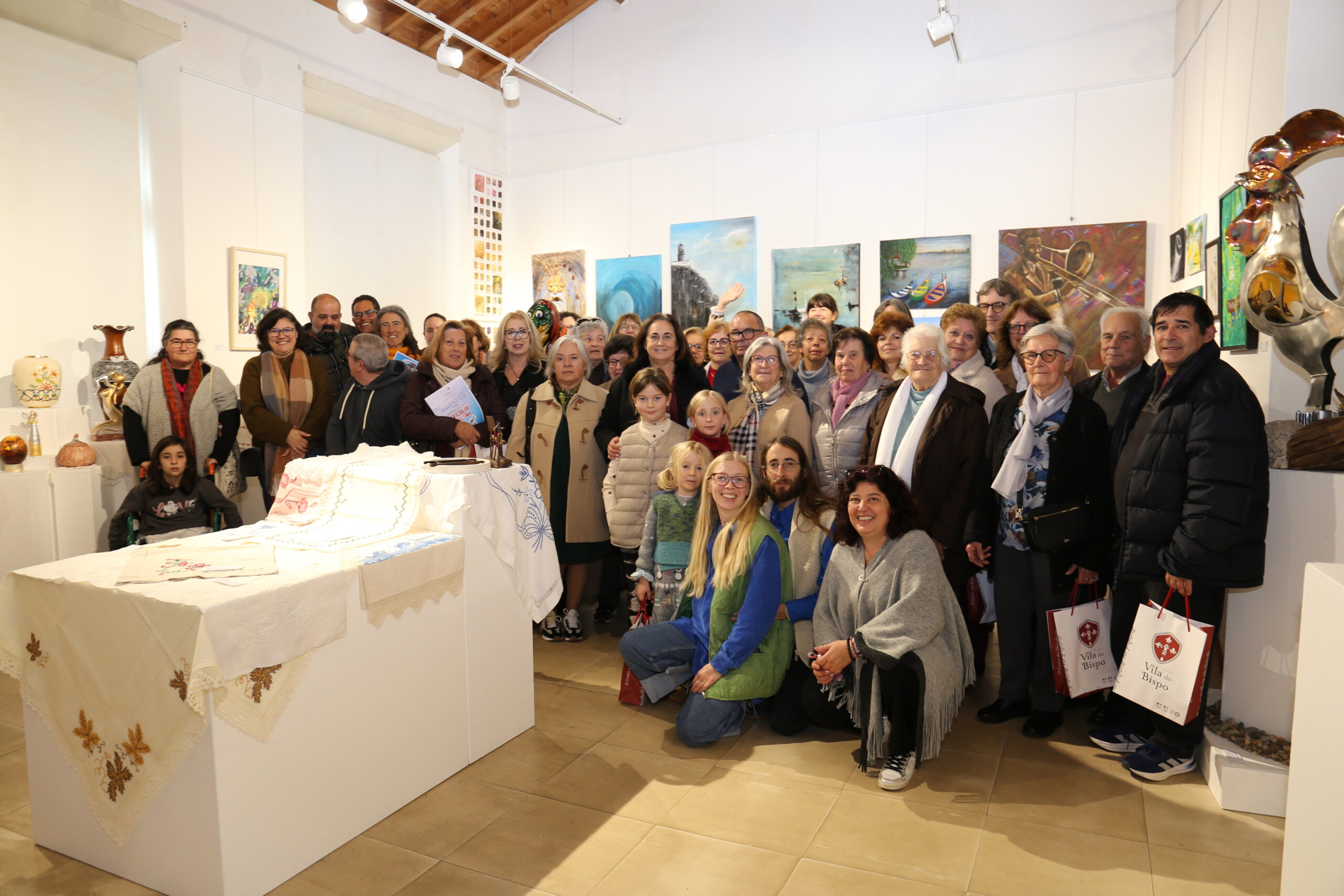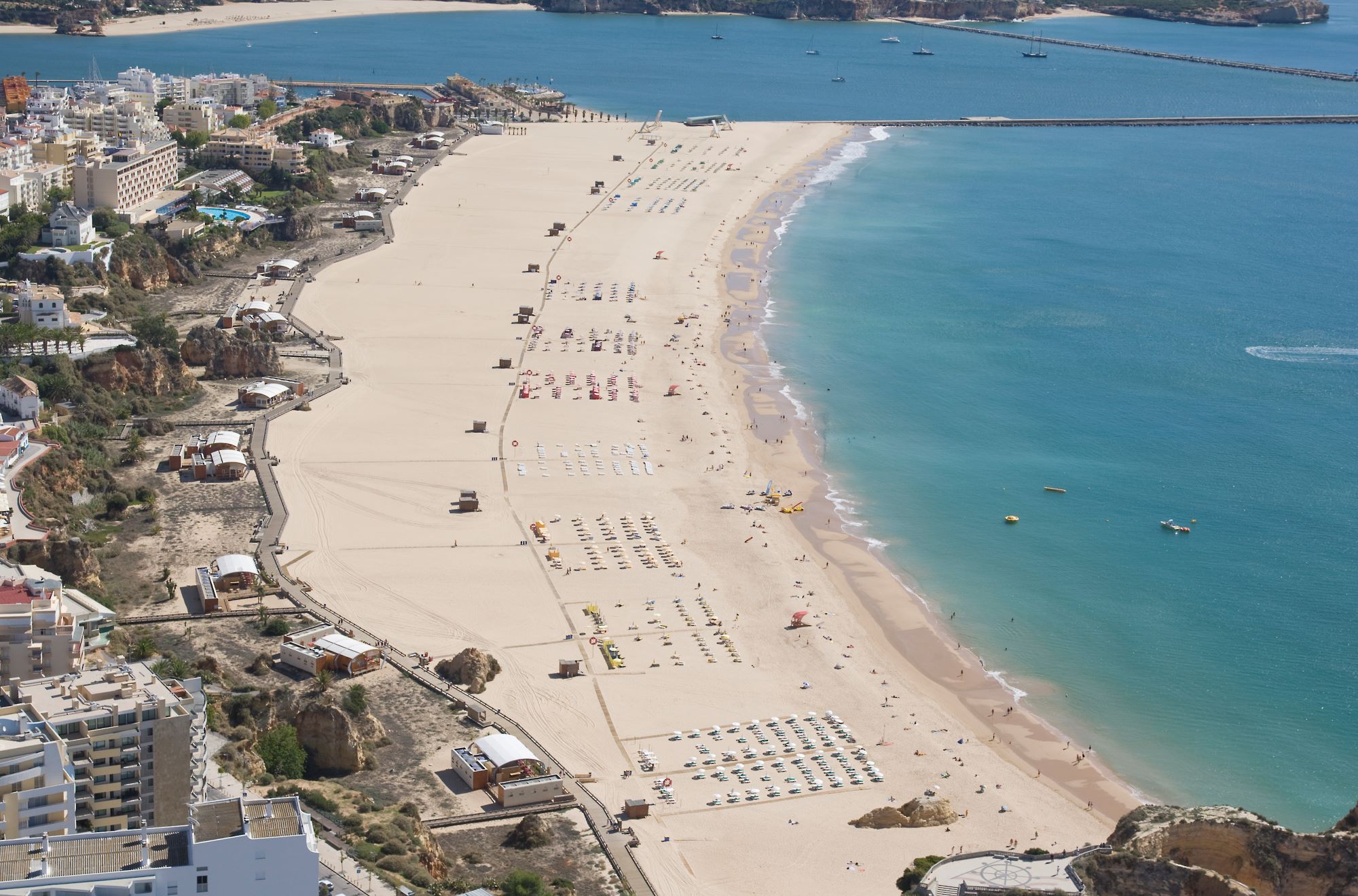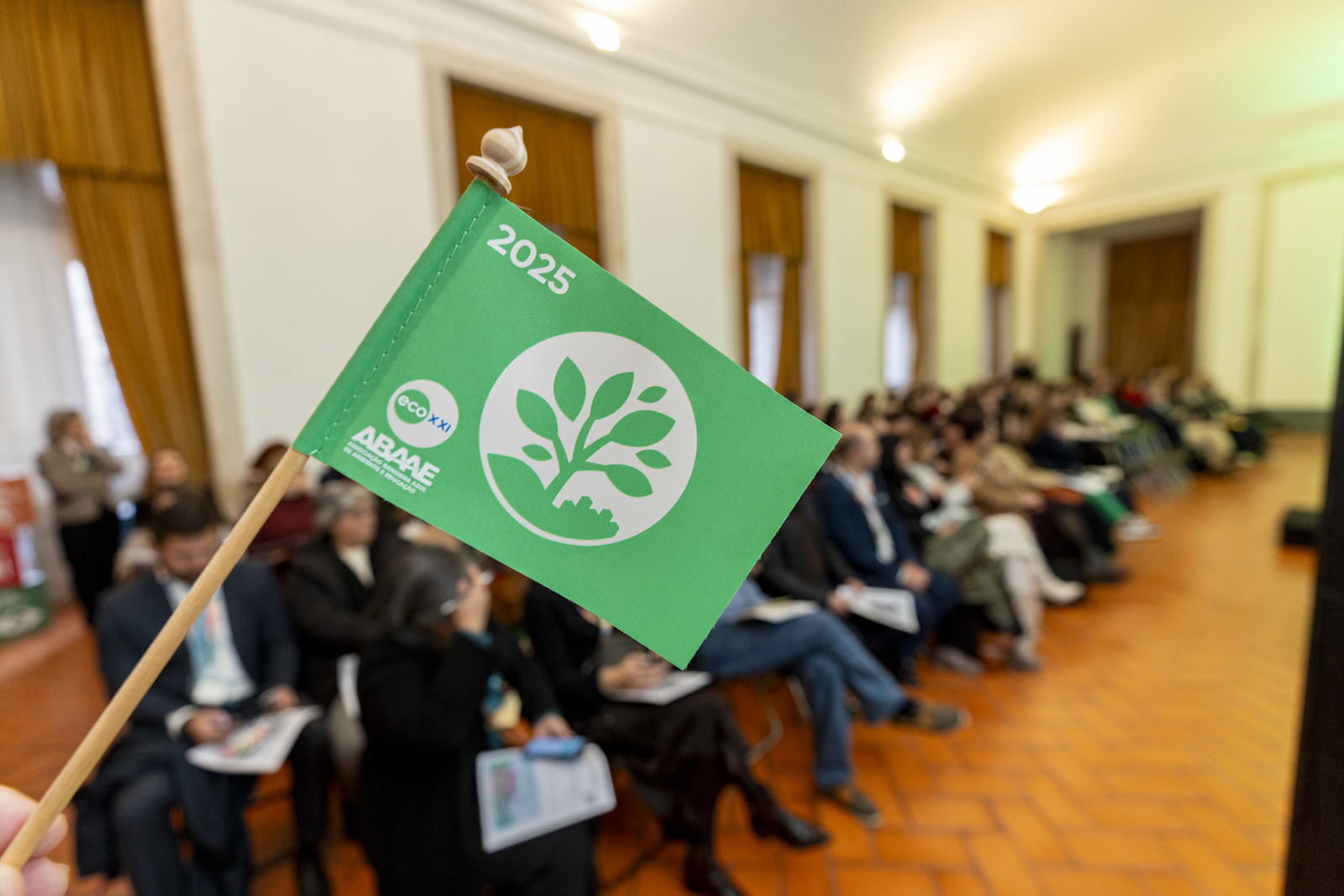Is there any chance of stability?
Portugal goes to the polls on 18 May to elect a new National Assembly. This is the third general election in as many years. The signs are that there is unlikely to be a decisive win for any party. Can the politicians work out how to create political stability at last?
The election follows the defeat of Luis Montenegro’s minority government in a confidence motion in March. His government had survived for a year by doing deals with opposition parties on a range of issues, including the state budget. But the government was always precarious and when details began to emerge of the prime minister’s business dealings and potential conflicts of interest, opposition parties withdrew their co-operation and voted out his administration, leading President Marcelo de Sousa to opt for a further general election.
The three main parties contesting the election, in order of size in the last Assembly, are:
The Social Democratic Party (PSD), headed by Luis Montenegro, can no longer stand under the Aliança Democrática banner. The Constitutional Court has ruled that the PSD and CDS can’t go to the polls under the name ‘Democratic Alliance’ since the Monarchist People’s Party (PPM) will no longer be part of the coalition. It was argued that keeping the name would mislead voters, so it will now be called the AD-PSD/CDS Coalition (AD – Coligação PSD/CDS).
The grouping is broadly moderate conservative and is campaigning under the slogan ‘Portugal cannot stop’, implying that the programme of moderate reform Montenegro pursued over the last year needs to carry on.
In last year’s general election, the Democratic Alliance got 28.8% of the vote and secured 80 seats in the Assembly. Its polling average in this campaign so far is 31.6%.
The Socialist Party is headed by Pedro Nuno Santos. After a heavy defeat a year ago, the party has struggled to rebuild support. Its slogan ‘Ready for Portugal’ implies that it is fit to resume power, based on a moderately left-wing programme. António Costa’s Socialist government managed to win three terms on an increasing vote, until, it too, was felled last year after controversies surrounding Costa and his immediate team.
In last year’s general election, the Socialists got 28% of the vote and secured 78 seats in the Assembly. Its polling average in this campaign so far is 27.5%.
Chega (‘Enough’) is a right-wing populist party headed by André Ventura. It made its big breakthrough in the last election, running on a programme of lower taxes and tough anti-immigration laws. Its emergence as a major grouping in the Assembly last year made government formation difficult as neither the PSD nor the Socialists would contemplate any form of coalition that involved them.
In last year’s general election, Chega got 18.1% of the vote and secured 50 seats in the Assembly. Its polling average in this campaign so far is 16.2%.
In addition to the three main groups, there are a host of smaller parties contesting the election, of which four are likely to gain a few seats each. These include, on the right, the Liberal Initiative, and on the left, the Left Bloc, the Communists and the Greens.
Portugal uses the d’Hondt electoral system, which allocates seats broadly in proportion to the share of votes received by each party. The country is divided into electoral regions for counting purposes and each region has a quota of places for the Assembly, based on population numbers. For example, the Algarve returns nine members to the 230-member Assembly. Last year, these were three for Chega, based on securing 27.2% of the region’s vote, three for the Socialists, based on 25.4% and three for the Democratic Alliance, based on 22.4%.
Nationally, over 10 million people are registered to vote in this election. Last year 6.5 million exercised their right. The final turnout was put at 60%, after spoiled ballots were excluded from the final totals.
If the polling is a reliable indicator, it seems unlikely that there will be a clear winner on the 18th. Given the electoral system, a party needs to be in the low 40s to be in with a chance of securing a majority in the Assembly. Few parties have done that in past elections; most governments have been coalitions of one sort or another.
If Montenegro emerges leading the largest group but is well short of a majority, he will have to make a choice between trying to go it alone once again, thereby risking yet another general election before long, or to form a coalition. If he falls just short of a majority, he may be able to work out something with smaller conservative parties. But if the outcome is close to last year’s, he may have to consider a ‘grand coalition’ with the Socialists.
Either way, he will probably calculate that the voters would not want yet another election, and so he, and the other party leaders, must endeavour to create stability for the next government – somehow.
James Plaskitt is a retired politician who was a member of the British Parliament from 1997 until 2010. He now lives in the Algarve.















